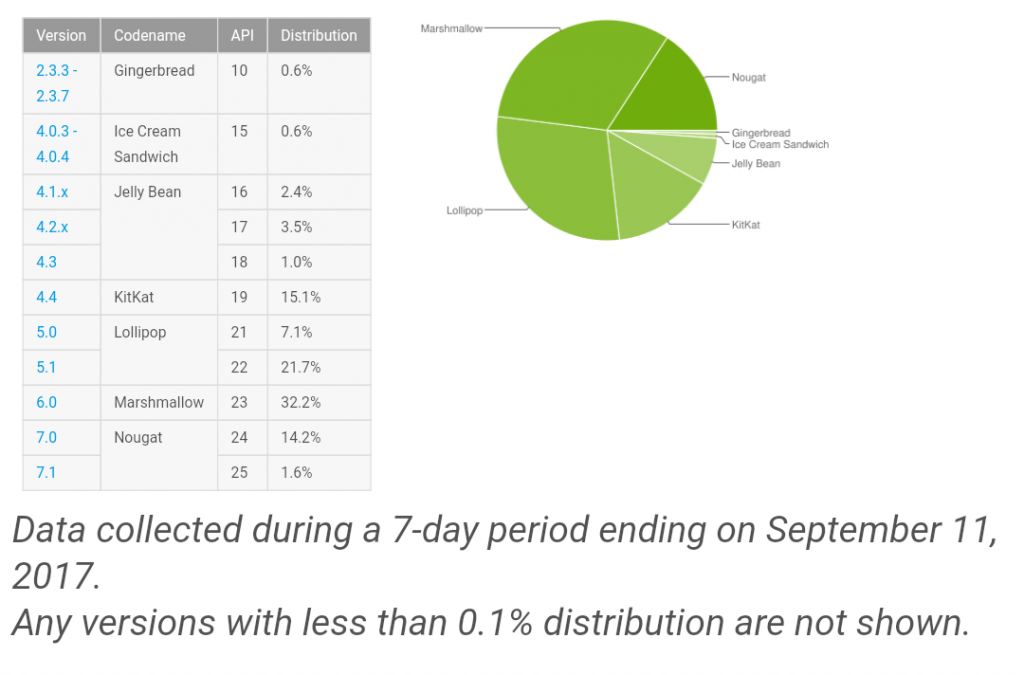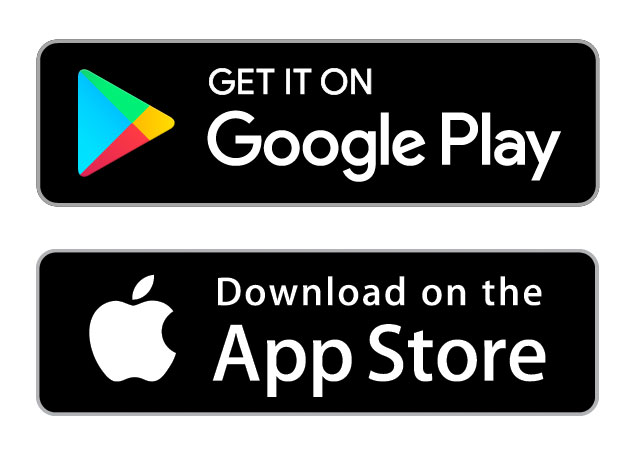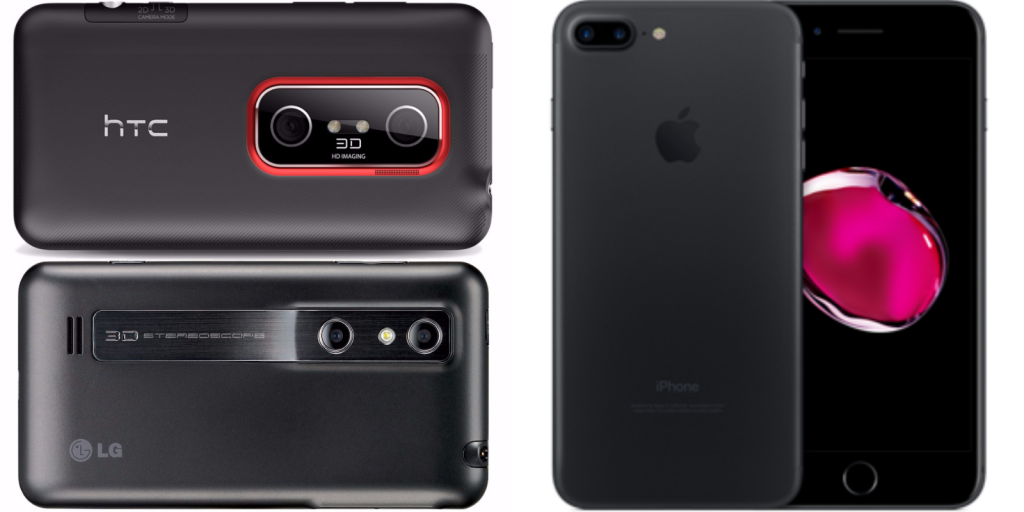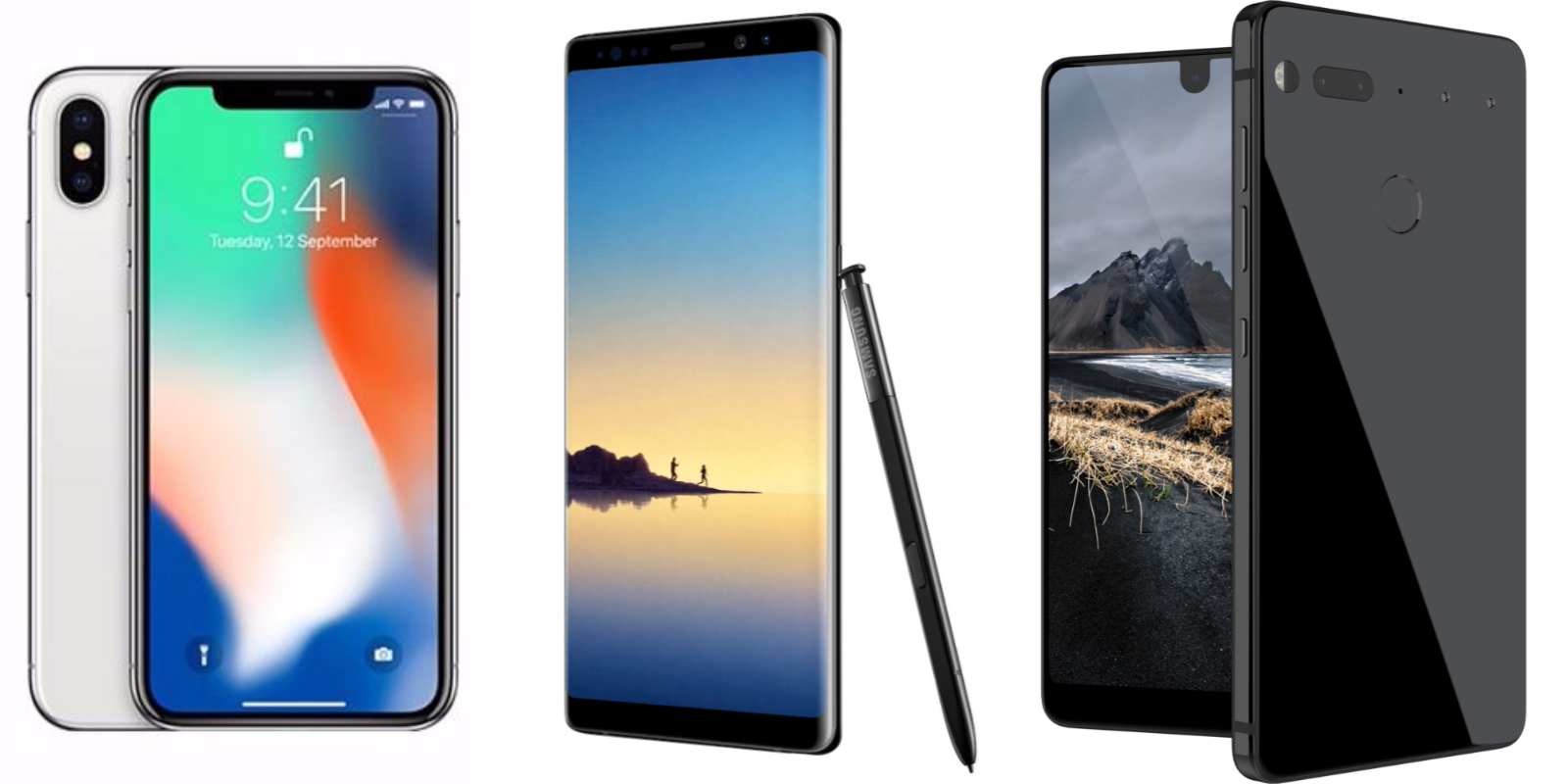Earlier this week, Apple carried out its annual affair by refreshing its iPhone lineup. This year saw not only the launch of the iPhone 8 and 8 Plus, but also a revolutionary designed iPhone X. In the eyes of diehard Apple fans, Apple’s iPhones have been seen as superior to the sea of Android smartphones out there. What makes its fans so loyal? And what makes the iPhone so exclusive compared to Android handsets? Here are a few pointers on what Android devices can learn from the iPhone.
Lifespan and software support
Apple’s line of iPhones have been known for their longer lifespan as compared to Android devices. This is the main reason why phones like the iPhone 6 and the iPhone 5S are still being sold widely in the market today. A main contributing factor to this will be Apple’s constant software support to keep its devices current when they are still capable of doing so.
Generally, Apple’s iOS software support among its iPhones go on for years. A perfect example would be iOS 11, which will be made available next week. iOS 11 supports even the four year old iPhone 5S. We can’t be certain as to whether Apple takes into consideration the lower and older specs from its aged devices when it pushes out new software, but it seems to work very well for its fan base thus far.
Android smartphones on the other hand live a different story. Software development not only depends on Google but also the individual manufacturers themselves. New and modern Android versions usually require newer hardware in devices, which leaves the slightly older ones in the cold.
In some cases, such as the OnePlus 2 and the BlackBerry Priv, both of which are perfectly capable of supporting Android Nougat, have been snubbed by their manufacturers in favor of newer models. This of course leads to our next point – Android fragmentation.

Software adoption and fragmentation
From this topic alone, one can tell that this is probably the biggest issue with Android devices since its existence. Apple’s latest statistics boast an 89 percent of its devices running on iOS 10. On the contrary, only a mere 15.8 percent of Android devices run on Android Nougat, with devices operating Android Marshmallow accounting for more than double the ones running Nougat.
The issue of Android fragmentation definitely leads to many other problems which will be or have been mentioned in this article. Of course, Android is an open source type of operating system, and although Google has been working really hard on this extremely long journey to eliminate Android fragmentation, it would need the help and agreement by all companies that adopt Android as their operating system.
Let’s just say Android fragmentation has been eliminated, which definitely won’t be the case for the next few years, software support would end up being a much more simpler process. That would also result in better lifespan of Android devices in terms of software instead of them turning obsolete after 2 years or so for example.

Security and apps
Yes, we are still talking about software, which a big part of the Apple brand till today. Talk security and privacy, iOS is definitely the better choice compared to Android. Recent statistics show 97% of malware for mobile operating systems are targeted at Android, not only because Android has a larger user base, but it is open source and therefore less secure compared to Apple’s iOS. Privacy is also a priority for Apple with its own software, which explains the amount of encryption features that the company highlights whenever it pushes out new software.
Since iOS is undoubtedly the more exclusive operating system, its app ecosystem (App Store) is of better quality and safer for users to download apps. The Google Play Store might sport a bigger library of apps, but the general rule of thumb is quality is better than quantity, and that is the case here with the iOS App Store.
Apple is pretty strict with the requirements of apps to be listed on its App Store. Developers’ apps will on the App Store will have to be moderated before being approved. This makes compatibility of apps an easier job as well. Developers of apps are usually informed by Apple if their apps don’t work on iOS of if the apps haven’t been updated to suit Apple’s newer software. If Google does this with its Play Store apps, app compatibility would be less of a worry for Android users out there, plus it would increase the security of the Play Store as well.

Apple does not innovate, it gets things right
You’ve probably heard of this phrase before, probably in various versions. It is indeed a fact that Apple gets technology right. It does not have to innovate and it does not have to be the first to implement a type of feature or technology. This is of course assisted by Apple being the prestigious and influential brand that it is.
The latest Face ID technology that Apple has implemented on the iPhone X is one of the greatest examples, although it half failed during demonstration at Apple’s event earlier this week. Facial recognition unlocking has been a feature long used in Android devices, even when we still had mediocre front facing cameras back in the day. It was only recently when companies like Samsung implemented iris scanning on its devices. Apple on the other hand isn’t the first to the party, but has definitely done extensive research to ensure that Face ID can replace Touch ID as a form of security measure for the iPhone. Chances of another person unlocking an iPhone via Face ID is one in a million, plus Apple has even gone as far as to making sure that 3D masks of individual won’t be identified as real faces on Face ID.
Dual camera setups have also been in existence for more than half a decade in the Android space. Companies such as HTC and LG took a nosedive into dual cameras, but manufacturers have only got the technology right not too long ago, followed by a trend of dual camera smartphones. Apple has only done so with the iPhone 7 Plus in 2016, and the company probably got more things right with dual camera setups than Android manufacturers did years ago.
Even for the more futuristic technologies like Google Tango are still very much in the experimental stage. Lenovo launched Google’s first Tango enabled device last year and it turned out to be a huge flop. This shows that being the first in everything does not make you the best. While Apple might not be adventurous when it comes to technology, it certainly gets most of them right.
Conclusion
Some of these points will definitely sound very pro-Apple. But before you Android fans begin sharpening your knives, do note that these are just a few examples of what Android and its devices can potentially achieve if it takes a couple of pointers from Apple’s iPhone. Do you think Android smartphones can be improved, or do you think the iPhone should learn from Android smartphones instead?


